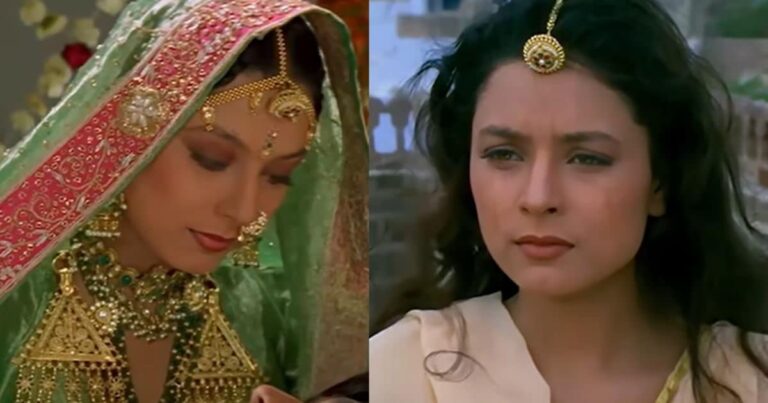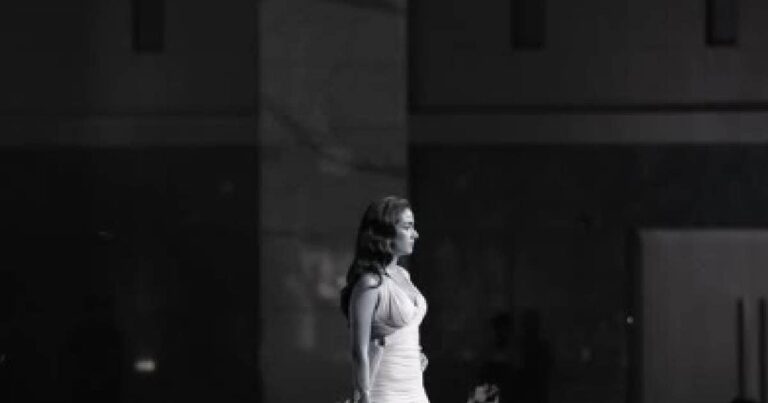नुसरत फतेह अली खान ने पढ़ीं शेखर कपूर की ‘आंखें’, और गा दिया अनोखा गीत, ‘बैंडिट क्वीन’ का अनूठा किस्सा
New Delhi: There are some voices in the world of music which break the walls of time, borders and culture. Nusrat Fateh Ali Khan was one such voice. A personality who is called ‘Shahenshah-e-Qawwali’. Born on 13 October 1948 in Faisalabad, Pakistan, Nusrat not only enlivened Sufi music but also gave it a new identity on the global stage. There was magic in his voice, that passion, that spirituality, which took the listener on a spiritual journey. Nusrat Sahab’s qawwalis, ‘Dum Mast Mast’, ‘Allah Hu’, ‘Ek Pal Chain Na Aaye’, were not just songs but were the call of the soul. There was such a combination of Sufi style and depth of ragas in his singing that the listener used to get lost. He brought the hundreds of years old Qawwali tradition to the new generation and gave it a unique color by combining it with western music.
Memorable story of ‘Bandit Queen’
There was such magic in Nusrat Sahab’s voice that it directly connected the listeners to God. Many books were written on him, author Ahmed Aqeel Ruby has shared many stories related to his career in his book ‘Nusrat Fateh Ali Khan: A Living Legend’. In this, an anecdote has also been shared showing his dedication and depth towards his art. This incident is related to Indian film director Shekhar Kapur, when he was working on the background score for his film ‘Bandit Queen’.
Condition placed before Shekhar Kapur
The subject matter and scenes of the film were extremely sensitive, especially the scenes depicting the Behmai massacre and the suffering of women in its aftermath. Such scenes required deep, spiritual and heart-wrenching music. Nusrat Saheb was selected for this work. During the recording in the studio, Nusrat Sahab put a surprising condition in front of Shekhar Kapur. He said, ‘Shekhar ji, you watch your film and I will sing looking into your eyes.’
The voice is alive in millions of hearts
Shekhar Kapur agreed to his request. Nusrat Sahab fixed his eyes on Shekhar Kapur’s eyes. As soon as the recording started, there was a strange silence. Shekhar Kapur realized that Nusrat Sahab was not just playing tunes, but was reading his soul. At that moment, Shekhar Kapur was remembering the characters of his film, their pain and the deep relationships of his personal life. That pain, that yearning and that spirituality which was demanded by those scenes came out in Nusrat Sahab’s voice. Shekhar Kapur later recalled this moment and said that it was not an ordinary recording session, but a spiritual dialogue, which touched the soul through music. This incident is proof that Nusrat Fateh Ali Khan was not just a singer. He did not depend on any technology or mic for his art. His singing was a live broadcast of emotions, energy and spirituality. Nusrat left this world in 1997 at the age of just 48, but his legacy is still as alive. His recordings, his songs and his spiritual voice still resonate in millions of hearts.







